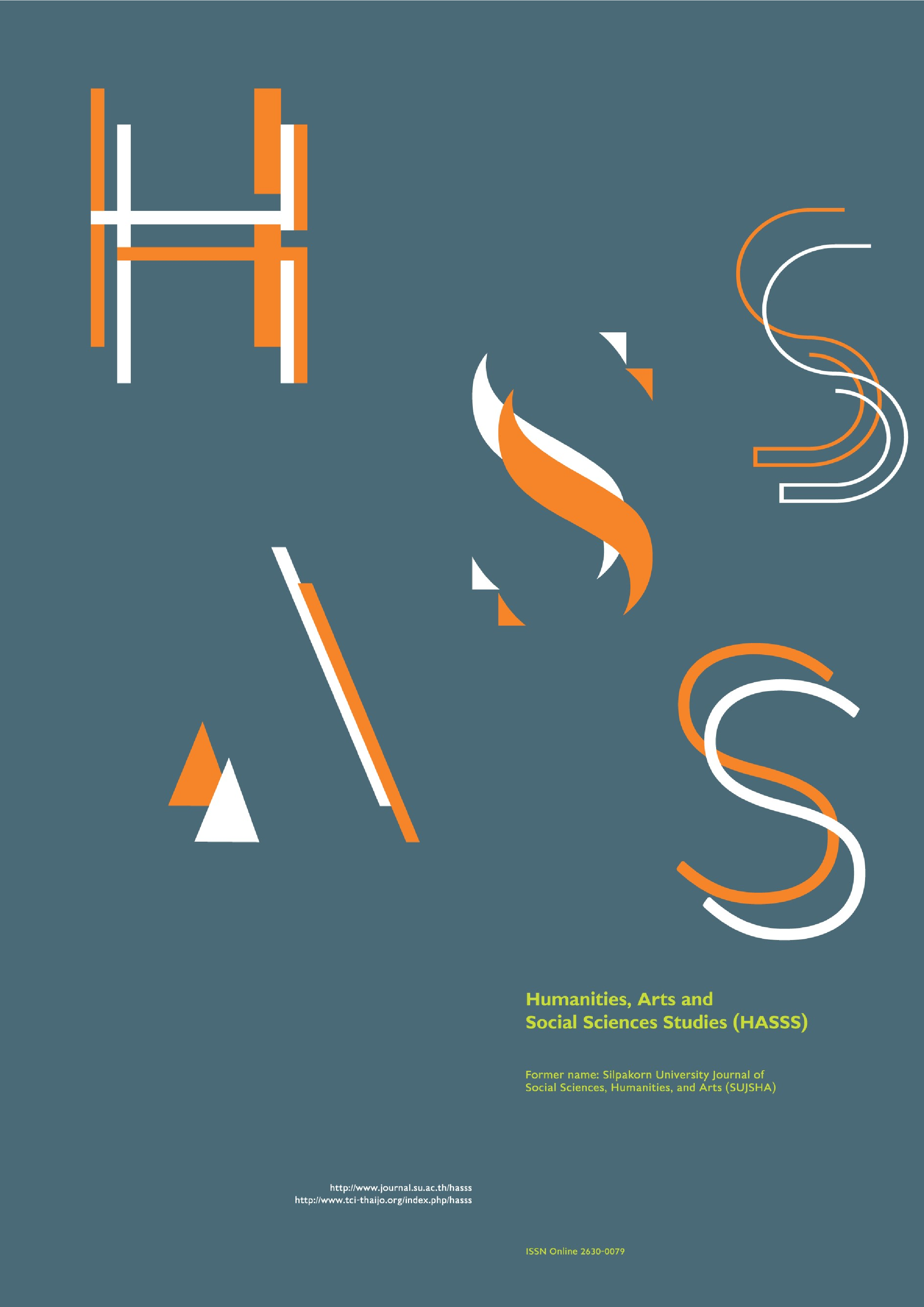ASEAN identity in higher education through literary pedagogy perceived by teaching personnel at universities in Southern Tagalog Region, the Philippines
Main Article Content
Abstract
As regionalism has become a prime interest within the Asia Pacific, participating member states of the Association of Southeast Asian Nations (ASEAN) aspire to consolidate unity despite cultural diversity through forging an ASEAN identity. Institutions of higher learning are expected to explore educational innovations and curriculum reforms to facilitate the regional identity formation. Hence, this correlational research determined the awareness of ASEAN of teaching personnel (N=153) handling language, literature, humanities and social studies courses among state universities in the Southern Tagalog region of the Philippines. It also examined their assessment on the importance of literature curriculum practices as pedagogic tools in institutionalizing ASEAN identity in higher education. Through utilizing a researcher-made questionnaire and appropriate statistical measures, the results revealed that the teaching personnel are aware of the dimensions of ASEAN and considered the literary curriculum practices very important in instilling regional identity. Moreover, awareness of political integration in ASEAN of the teaching personnel significantly predicted their assessment on the importance of literary curriculum practices as this dimension of regional awareness is relevant and supportive to the cultural modelling tradition to literary study.
Downloads
Article Details

This work is licensed under a Creative Commons Attribution-NonCommercial-NoDerivatives 4.0 International License.
All rights reserved. Apart from citations for the purposes of research, private study, or criticism and review,no part of this publication may be reproduced, stored or transmitted in any other form without prior written permission by the publisher.
References
Appleman, D. (2014). Critical Encounters in Secondary English: Teaching Literacy Theory to Adolescents. New York: Teachers College Press.
Association of Southeast Asian Nations. (2009). ASEAN Socio-Cultural Community Blueprint. Jakarta: ASEAN Secretariat.
Bañez, R. M. (2018). Crafting the literary experience: Examining comprehension strategies, teaching models, and critical approaches in lesson planning on relationship-themed poetry. Asia Pacific Journal of Multidisciplinary Research 6(4): 85-93.
Beach, R., Appleman, D., Fecho, B. and Simon, R. (2011). Teaching Literature to Adolescents. New York: Routledge.
Beach, R., Campano, G., Edmiston, B. and Borgmann, M. (2010). Literacy Tools in the Classroom: Teaching through Critical Inquiry, Grades 5-12. New York: Teachers College Press.
Bobkina, J. and Dominguez, E. (2014). The use of literature and literary texts in the EFL classroom: Between consensus and controversy. International Journal of Applied Linguistics and English Literature 3(2): 248-260.
Creswell, J. W. (2012). Educational Research: Planning, Conducting, and Evaluating Quantitative and Qualitative Research. Boston, MA: Pearson Education, Inc.
Hoi, D. L. J. (2018). Foreword. VOICES: Bulletin of the ASEAN Socio-Cultural Community 3: 1-2.
Kristina, J. (2010). Unity-in-diversity?: Regional identity-building in Southeast Asia. Journal of Current Southeast Asian Affairs 29(2): 41-72.
Leech, G. and Short, M. (2007). Style in Fiction: A Linguistic Introduction to English Fictional Prose. London: Pearson Longman.
Peregoy, S. F. and Boyle, O. F. (2008). Reading, Writing, and Learning in ESL: A Resource Book for Teaching K-12 English Learners. Boston, MA: Allyn and Bacon.
Rañosa-Madrunio, M. (2019). Challenges and prospect in English language teaching in the Philippines. Paper presented at Plenary Lecture from the Linguistic Society of the Philippines International Conference. Philippines. March 9.
Siar, S. V., Albert, J. R. G. and Llanto, G. M. (2017). What Does ASEAN Mean to ASEAN Peoples? (The Philippine Case). Quezon City: Philippine Institute for Development Studies.
Thompson, E. C. and Thianthai, C. (2008). Attitudes and Awareness Towards ASEAN: Findings of a Ten-nation Survey. Singapore: ISEAS Publishing.
United States Agency for International Development. (2012). ASEAN Curriculum Sourcebook. Jakarta: Association of Southeast Asian Nations.


